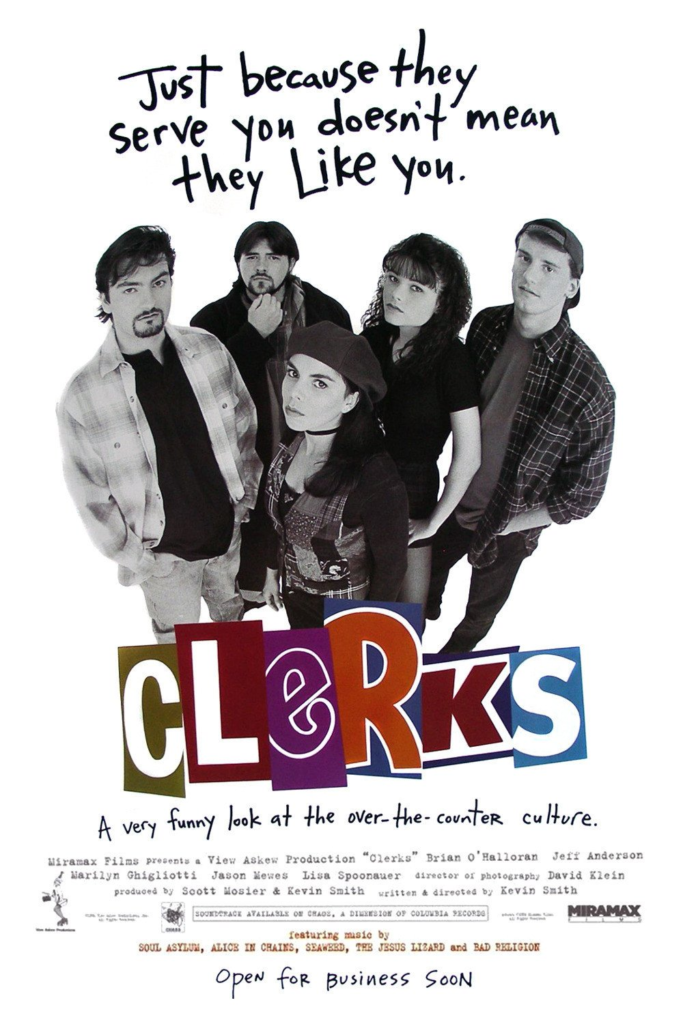Post by Stephen Horowitz, Professor of Legal English

My 2-Year LLM Program Legal English colleagues Prof. Ben Cheng and Prof. John Dundon and I have been “doing” legal English for a good while now. We know how to speak, write, and generally communicate in culturally sensitive and appropriate ways. We know how to grade our speech for multilingual learners. And it’s second nature to adjust our communications to factor in or address any potential gaps in our students’ US cultural knowledge.
But we still make mistakes.
The latest comes from the big issue-spotter question on the spring final exam for our students. The topic was criminal procedure. More specifically, Miranda rights and when a person is “in custody” and when a police officer is subjecting an individual to “interrogation.”
In this fact pattern, there was a part where an individual is arrested and brought to a police station. Inside the police station, the individual encounters a clerk who asks some routine booking questions (e.g., age; home address; etc.) and then in an attempt at friendly small talk, asks the individual about a fashionable Taylor Swift hat the individual is wearing, which the clerk doesn’t realize is actually somewhat related to the arrest.

Two of our students, in their analysis, made the argument that the clerk’s question was not interrogation because the clerk is not a police officer.
This caught me off guard because I–and all people of good sense, of course–know that the clerk at the police station is of course also a police officer. But then I realized of course that an LLM student from another country would have no reason to know that a “clerk”–which can have a variety of meanings just within American legal culture let alone wider American culture–in a police station refers to a police officer who has a desk job.
A clerk can be store clerk or an office clerk. But one can also clerk for a judge. And then of course there are clerks in a police station.
Needless to say I gave the student credit for a creative argument and took the blame for the confusion.
Stepping back, it’s a great reminder that no matter how good my colleagues and I may think we are at filtering out potentially confusing cultural knowledge and cultural references, we’re always still learning as we go.
